Engine Oil: Keep Your Engine Running Smoothly
When working with Engine Oil, the liquid that lubricates, cools, and protects internal combustion engines. Also known as motor oil, it forms a thin film on moving parts, carries heat away, and prevents metal‑to‑metal contact. engine oil is the lifeblood of any car or boat, and understanding its role helps you avoid costly breakdowns.
Why Engine Oil Matters
Regular maintenance hinges on a solid Oil Change, the process of draining old oil and refilling with fresh fluid. An oil change replaces degraded lubricant, restores proper viscosity, and removes contaminants that build up over time. The semantic triple here is: Engine Oil requires Oil Change; Oil Change restores Engine Oil performance; proper Oil Change reduces engine wear. Skipping this step lets sludge form, which clogs passages and raises internal temperatures.
When the oil level drops too low, the engine experiences Low Oil, a condition where insufficient oil circulates to protect moving components. Low Oil triggers warning lights, rattling noises, and overheating because the thin film disappears. The next triple: Low Oil accelerates friction; friction increases heat; heat leads to component failure. Recognizing early signs—like a sudden oil pressure drop or a faint ticking—lets you top up before damage spreads.
Overfilling seems harmless, but too much fluid creates Oil Overfill, a situation where excess oil aerates, foams, and reduces effective lubrication. Foamed oil can’t carry heat properly, and the crankshaft may churn the surplus, causing oil starvation in critical zones. This triple connects: Oil Overfill causes foaming; foaming reduces cooling; reduced cooling raises engine temperature. If you suspect an overfill, drain the excess to restore the correct level.
Finally, oil doesn’t last forever even when it sits on a shelf. Proper storage affects Oil Shelf Life, the period before oil degrades due to oxidation, moisture, or temperature extremes. Keep containers sealed, store them in a cool dry place, and avoid exposure to sunlight. Fresh oil maintains its additive package, ensuring it can protect your engine when you finally pour it in.
Below you’ll find a curated set of articles that dive deeper into each of these topics—skipping changes, dealing with overfill, spotting low‑oil symptoms, and storing oil correctly. Use the insights to keep your engine humming and your wallet happy.
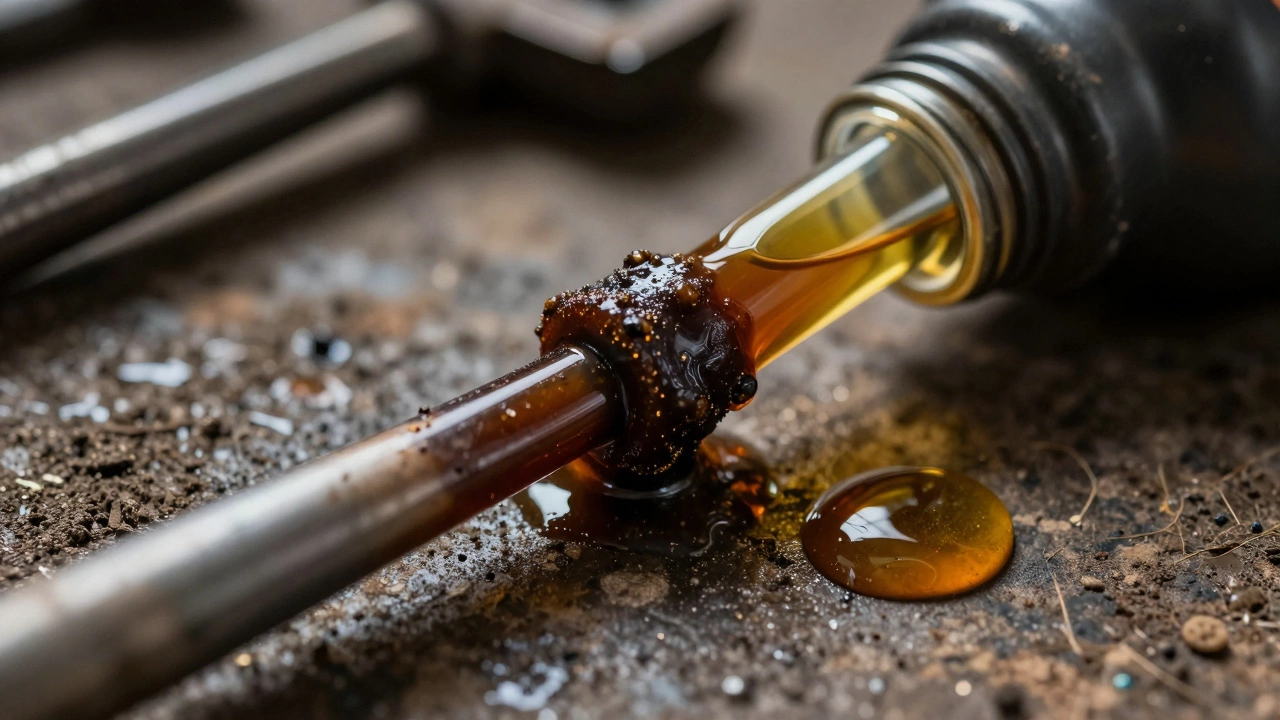
How Bad Is It to Be Overdue for an Oil Change?
Feb 2 2026 / Engine OilBeing overdue for an oil change isn't just inconvenient-it risks engine damage, costly repairs, and reduced car life. Learn what really happens when oil breaks down and how to avoid expensive mistakes.
VIEW MORE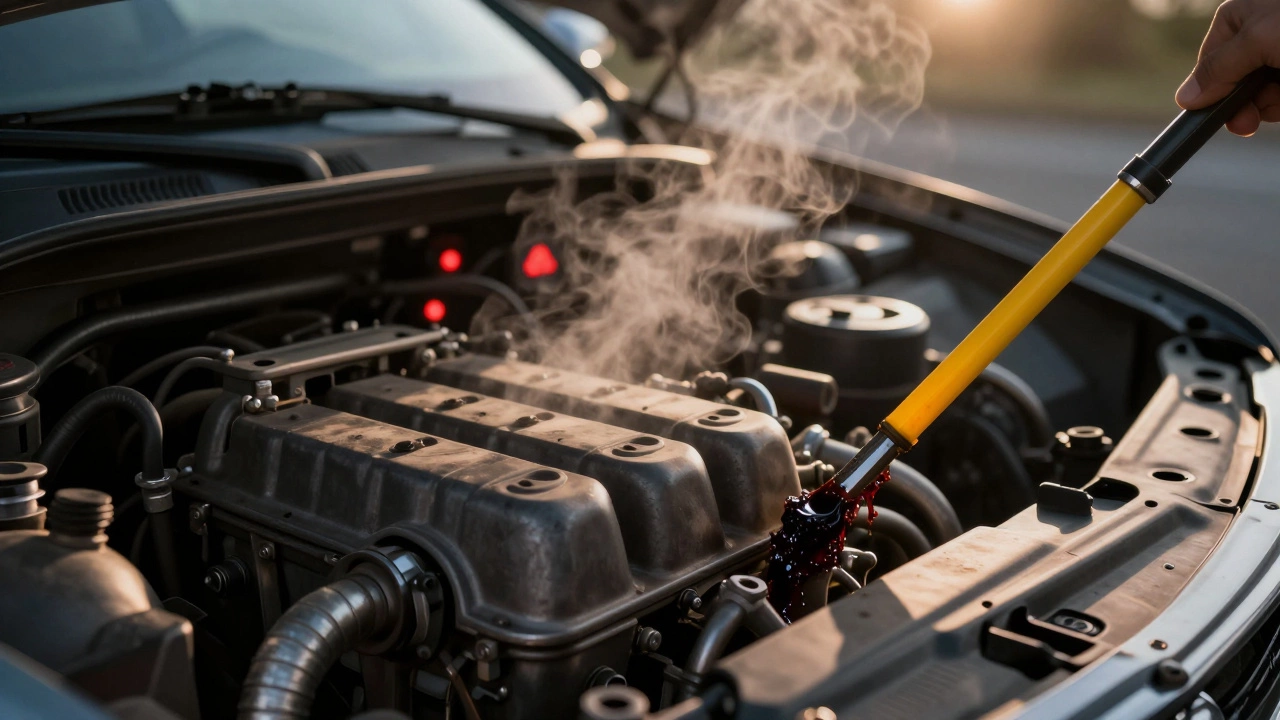
What Happens When Your Car Needs Engine Oil? Signs, Risks, and What to Do
Dec 1 2025 / Engine OilWhen your car needs engine oil, it's not just a maintenance task-it's an emergency. Learn the signs of low oil, the damage it causes, and what to do before your engine fails for good.
VIEW MORE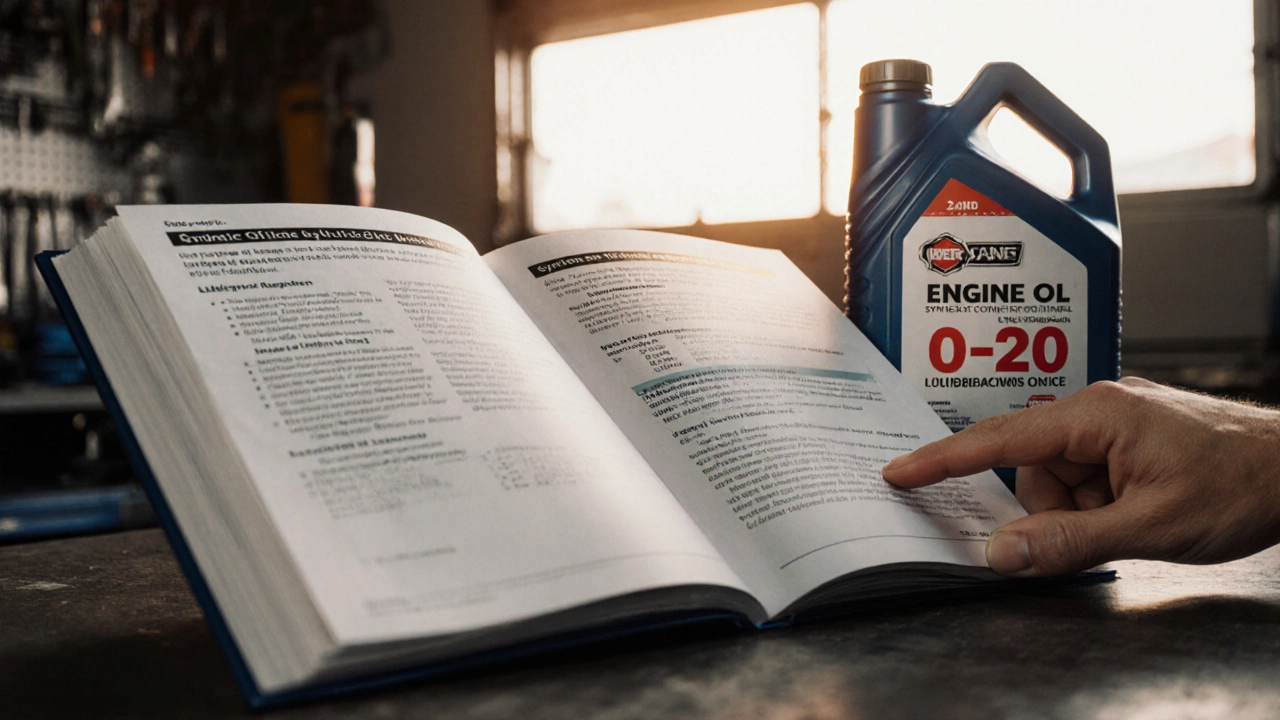
What Type of Engine Oil Should I Put in My Car?
Nov 18 2025 / Engine OilLearn exactly what type of engine oil your car needs based on viscosity, synthetic vs conventional, API ratings, and manufacturer specs. Avoid costly mistakes with clear, practical guidance.
VIEW MORE
How Does a Car Act When Low on Oil? Signs, Risks, and What to Do
Nov 17 2025 / Engine OilWhen your car is low on oil, it makes noise, overheats, loses power, and risks total engine failure. Learn the warning signs, what happens if you keep driving, and how to prevent costly damage before it's too late.
VIEW MORE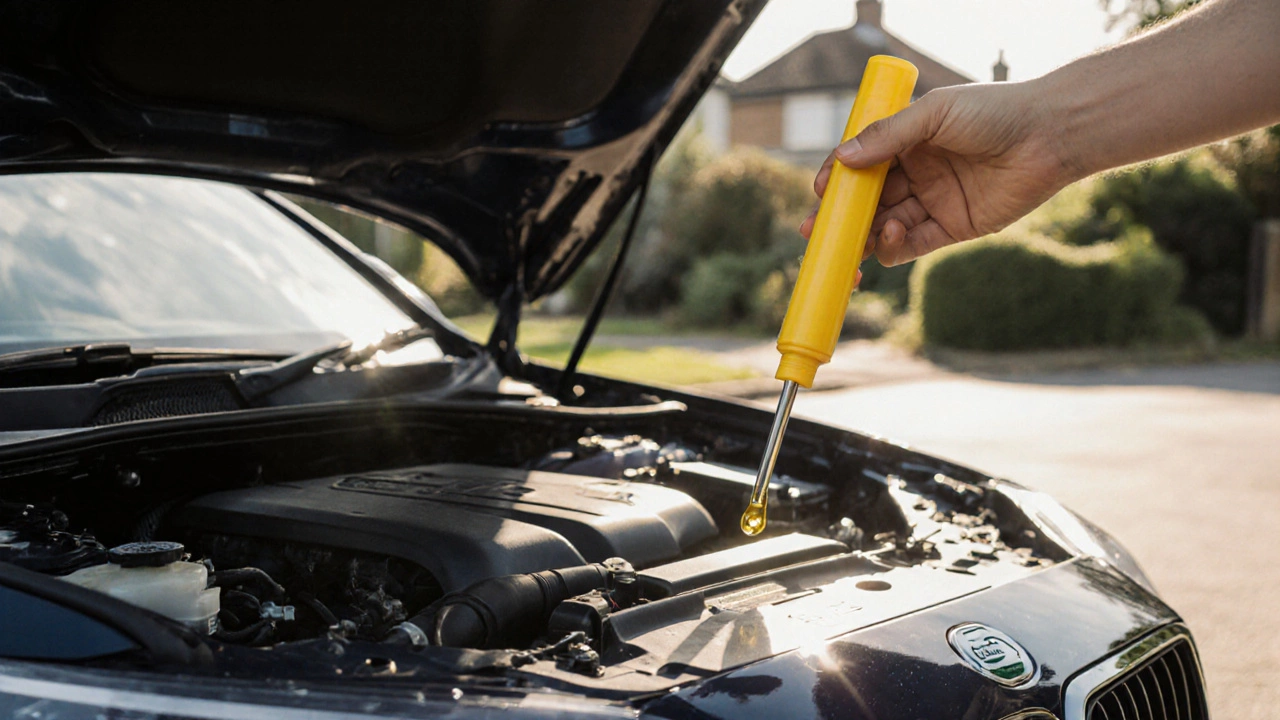
Engine Oil Top‑Up Frequency: When and How Often
Oct 16 2025 / Engine OilLearn how often to top up engine oil, factors that affect consumption, step‑by‑step topping up, and a maintenance checklist to keep your car healthy.
VIEW MORE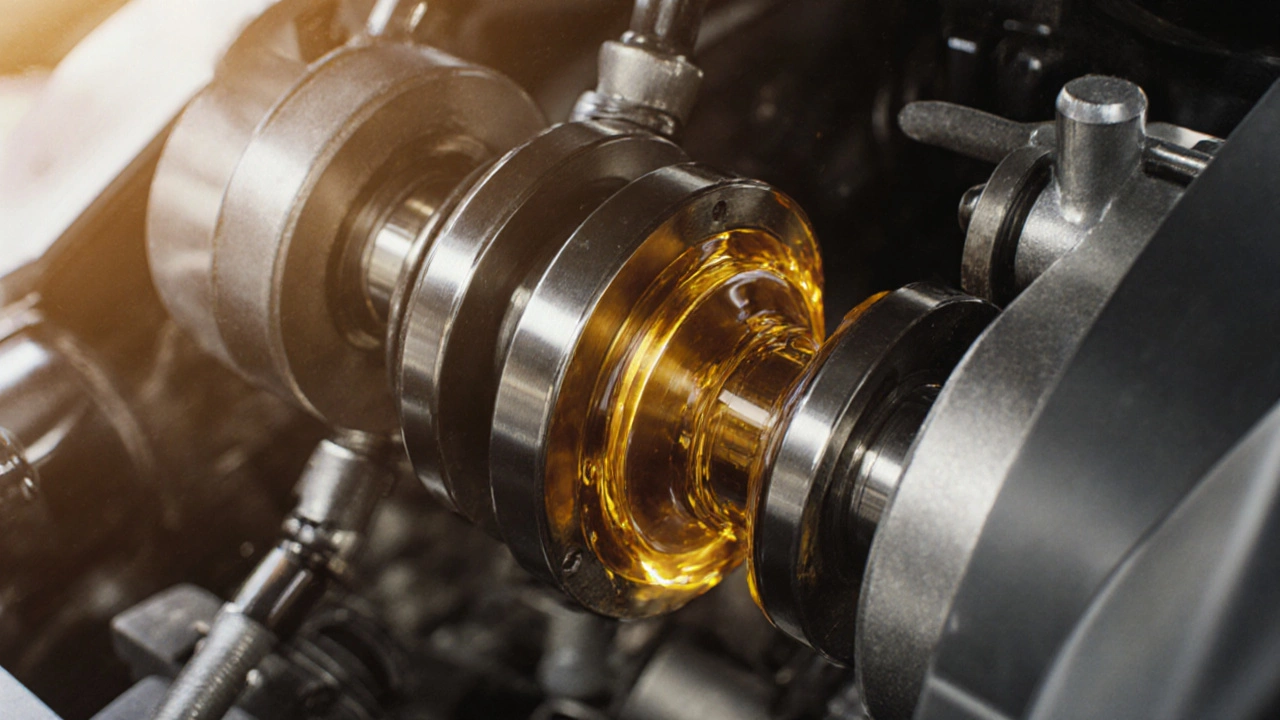
Skipping Engine Oil Changes: Risks, Damage & Costs Explained
Oct 8 2025 / Engine OilSkipping oil changes can cause sludge, bearing wear, overheating, and costly repairs. Learn the short‑term signs, long‑term damage and how to prevent them.
VIEW MORE
Too Much Oil in Your Car: Risks, Symptoms & Fixes
Jul 14 2025 / Engine OilWhat happens if you put too much oil in your car? Discover the risks, symptoms, and solutions. Learn how overfilling can harm your engine and what you should do.
VIEW MORE
Can You Just Add Oil to Your Car? The Simple Truth About Engine Oil Top-Ups
Jun 16 2025 / Engine OilEver looked at that oil warning light and thought, 'Can I just add oil to my car?' This article breaks down what really happens when you top up your oil, when it’s okay, and when you actually need a full oil change. You’ll get inside tips on checking your oil level, how much to add, and what could happen if you ignore your car’s oil needs. Expect handy facts and real-life advice so you’ll never guess about car oil again. Keep your engine happy without any fuss.
VIEW MORE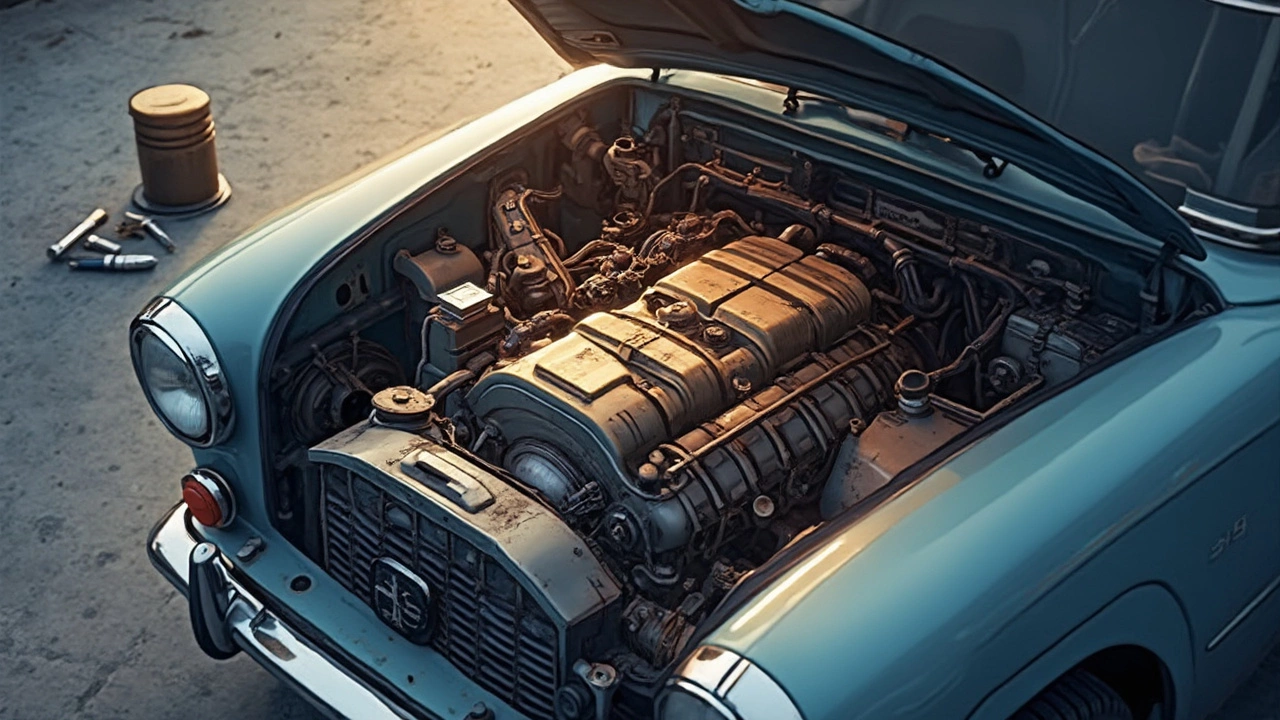
Engine Oil Low: What Really Happens to Your Car
May 18 2025 / Engine OilLow engine oil isn’t just a small problem—it can lead to big trouble if ignored. This article breaks down what actually happens inside your engine when oil runs low and how those changes can hurt your car. Find out the early warning signs, possible damage, and what you should do if you spot the issue. You’ll also get practical tips for keeping oil levels in check to avoid expensive repairs. Protect your engine and your wallet by knowing what’s at stake.
VIEW MORE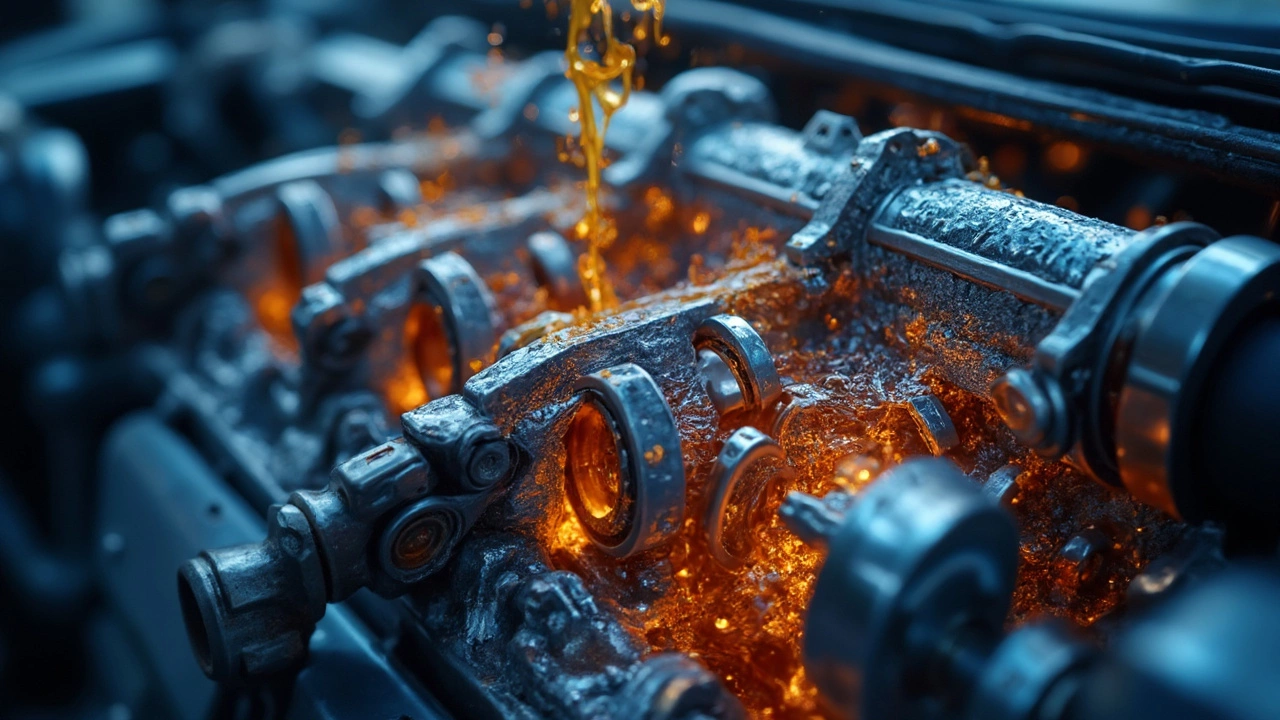
Engine Oil Low: What Actually Happens When You Run Out
May 13 2025 / Engine OilRunning your engine low on oil can lead to way more trouble than most people realize. Without enough oil, moving parts inside your engine lose their main source of lubrication and cooling. This can cause fast wear, overheating, and eventually engine failure. Catching the signs of low oil early can save you a mountain of repair bills. Here’s how running low on oil actually wrecks your engine and what you can do about it.
VIEW MORE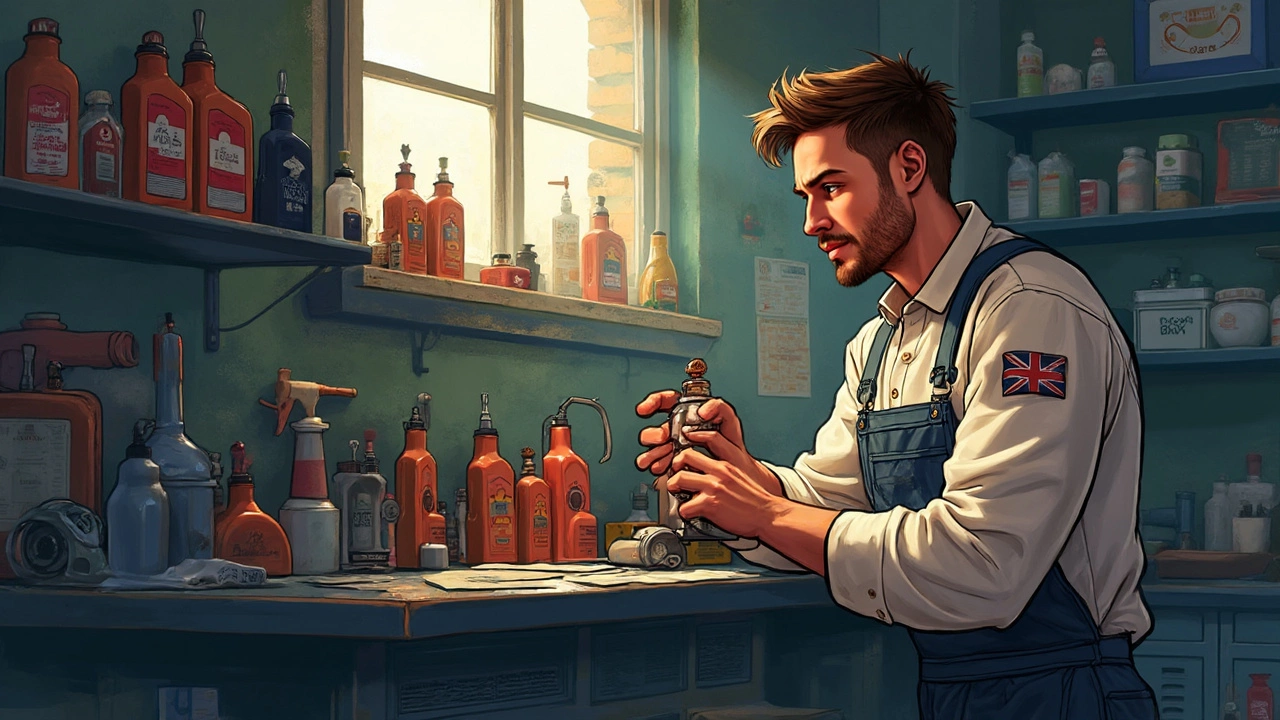
Does Car Oil Go Bad If Not Used? Understanding Shelf Life and Storage
Feb 25 2025 / Engine OilCar oil is crucial for maintaining engine health, but what happens if it's left unused? This topic explores whether car oil can go bad when stored for long periods, how to properly store it to extend its shelf life, and the indicators that suggest it might be time for a change. Understanding these factors can save you from potentially costly repairs and ensure your car runs smoothly.
VIEW MORE
Understanding How a Car Reacts to Low Engine Oil Levels
Jan 28 2025 / Engine OilWhen a car runs out of oil, it doesn’t just stop suddenly; it gives signs that shouldn’t be ignored. Common indicators include unusual noises, smoke, and overheating. Understanding these symptoms not only prevents costly repairs but also ensures safety. Keep reading to learn about the effects of low oil levels on your vehicle's performance and how to maintain proper engine health.
VIEW MORE